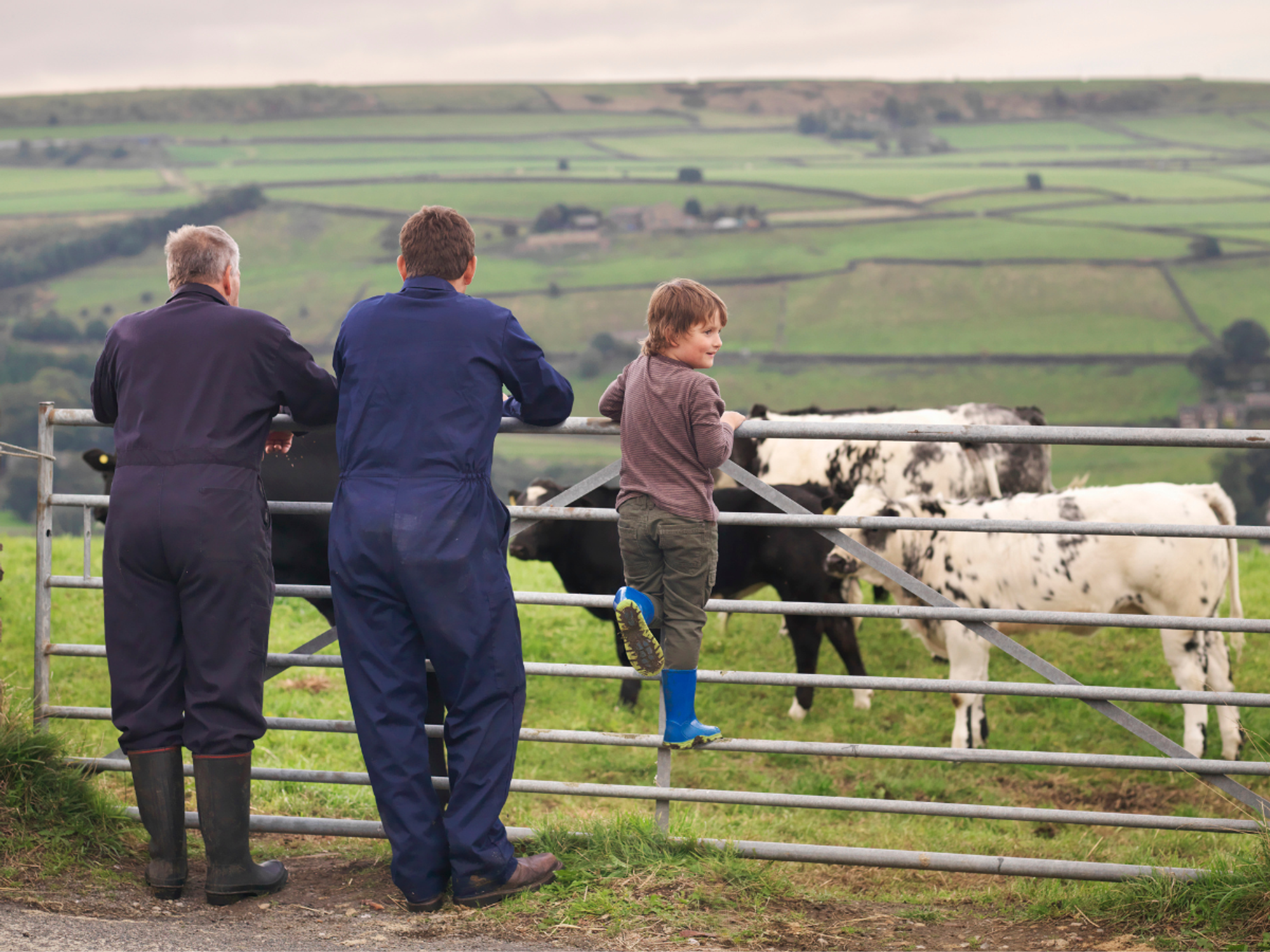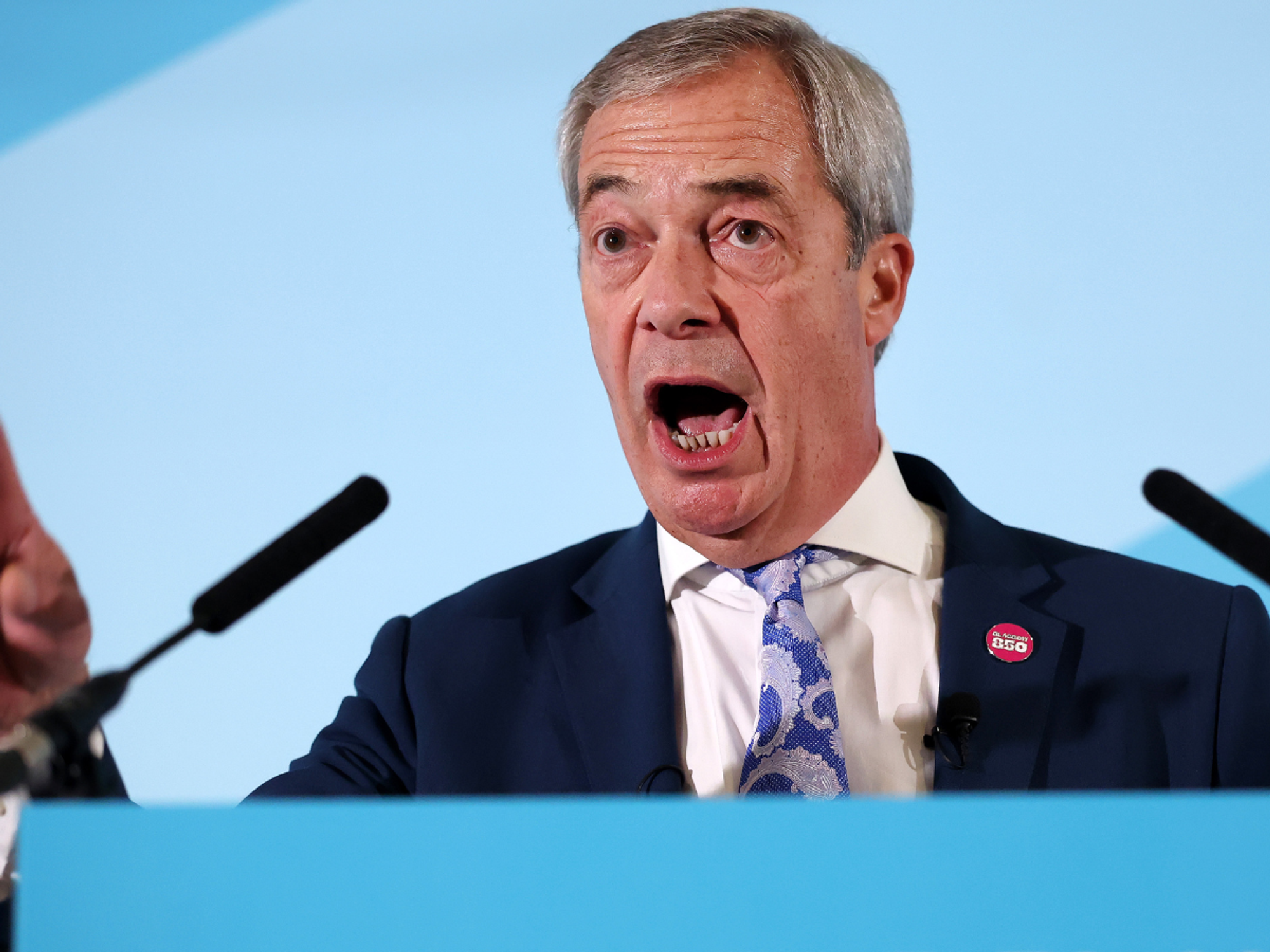Prince William warned he has 'catching up to do' after falling behind King Charles
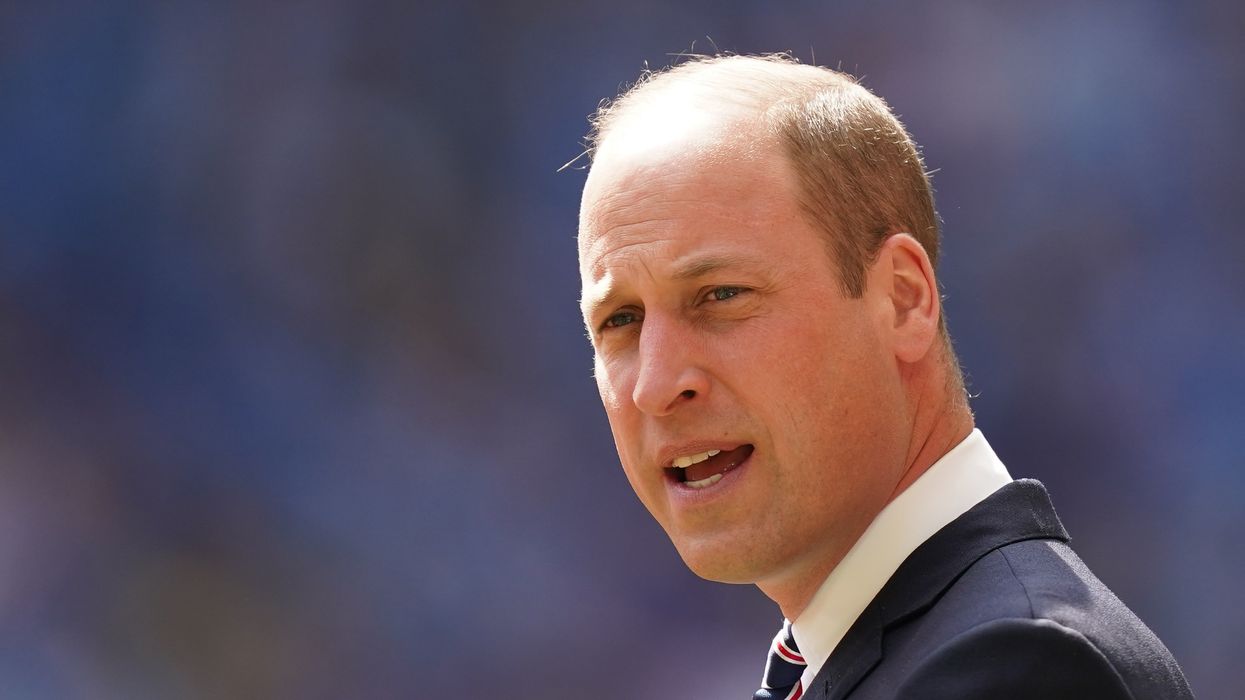
Royal Biographer says Prince William is lagging behind King Charles

The Prince of Wales could be about to launch a 'supercharge' to impress the Welsh, says a Royal biographer
Don't Miss
Most Read
Prince William has been warned he is lagging behind his father in his role as Prince of Wales due to increasing public discontent.
Royal biographer Huw Thomas claims King Charles was the most attentive Prince of Wales in history and that William has "got a lot of catching" to do. He also suggested that the Prince of Wales could be about to launch a “supercharge” try to win over the Welsh.
“He’s got a lot of catching up to do in terms of the public perception of him as a Prince of Wales,” Thomas said.
“The impression I get as well is that, after the Coronation, there’s going to be a bit of a supercharge on the relationship of William with Wales. We’ll see what comes.”
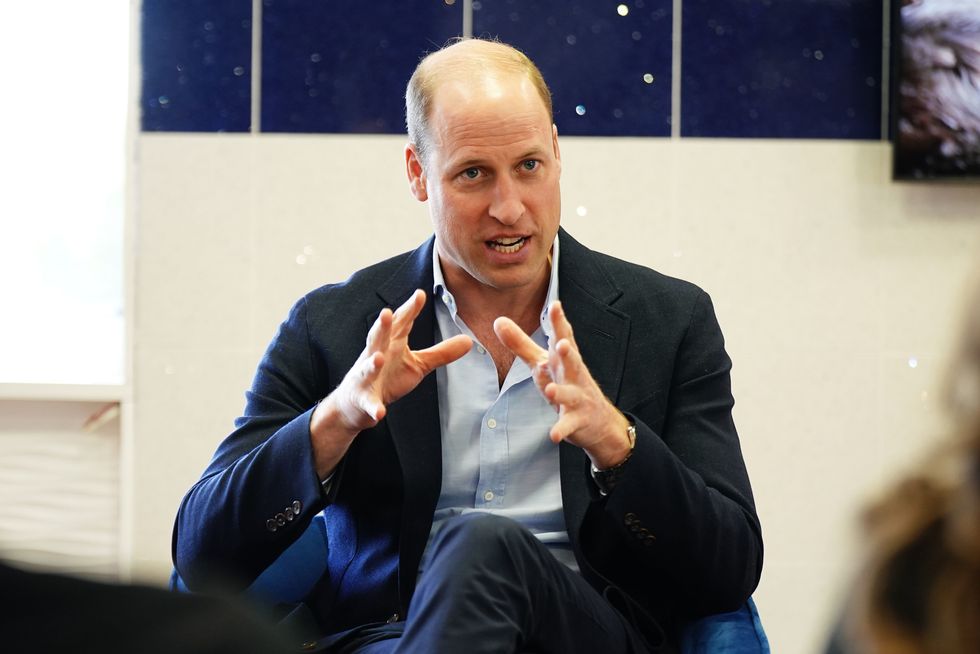
The Prince of Wales could be about to launch a “supercharge” to win over the Welsh, says a Royal Biographer
Unlike Charles, William has not had an official investiture ceremony, which saw the now-King be formally presented to the people of Wales as their Prince on July 1st 1969 at Caernarfon Castle.
Some critics say that in comparison to the King, William has done little extracurricular work before his new role, although supporters point to the fact that he lived in Anglesey during his period as an RAF search-and-rescue pilot.
Prior to the ceremony, Charles had spent a term studying the Welsh culture and learning the language at Aberystwyth University.
Charles clearly immersed himself in Welsh culture and language, developing a connection that persists to this day.
William became the Prince of Wales last September upon the death of Queen Elizabeth, when his father Charles - who had held the title for over 60 years - became King.
The Royal position dates back to 1301 when Edward I created his son Edward of Caernarfon as "Prince of Wales".
The event was intended to finalise the English conquest of Wales, and began the custom of granting the title of Prince of Wales to the heir apparent to the British throne, which prompted discontent among some Welsh people.
Royal biographer Huw Thomas, who has written a book about the King’s relationship with Wales, entitled Charles: The King and Wales, told an audience at the Hay Festival that Charles had been the most attentive Prince of Wales in history and that William was lagging behind.
Thomas said that William was already starting to adapt to his new role as Prince of Wales and was trying to create his own image:
“Maybe now there’s a focus on mental health initiatives or outdoors. It’s a bit more targeted to make sure William is seen to be doing stuff that suits William.”
He also highlighted the number of trips that William had made to Wales in recent months, which had helped start a PR drive.
In particular, he made a poignant visit to Aberfan, the scene of a landslide in 1966 in which 28 adults and 116 children died.
“You had a link being forged between the new Prince and Princess of Wales and the Aberfan community,” Thomas reflected.
“Somebody who was there said that William and Kate were very touched, as anybody would be, when they had a private moment in the cemetery, seeing the memorials to all those children who died.”
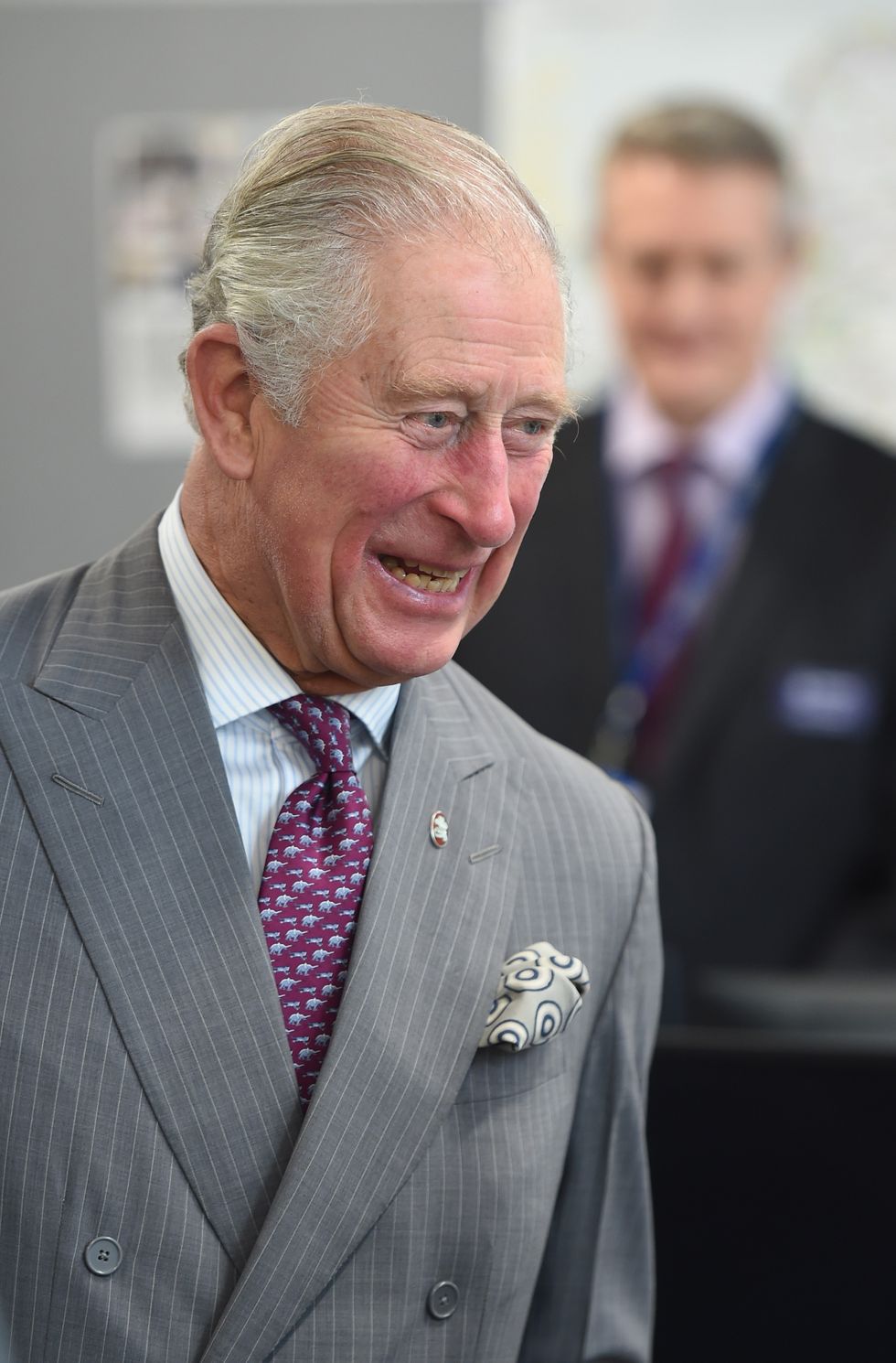
Royal biographer Huw Thomas says that "until Charles, there wasn’t a Prince of Wales that paid anywhere near the attention that he has paid to understanding Wales and Welshness”
Thomas said that later on in the King's life, the King became an ambassador for Wales. He related a story that, when on a trip to Japan, Charles, then Prince of Wales, fell into conversation with an executive from Sony Corporation who was looking to found a factory in Europe:
He explained: “Charles said to this guy, ‘If you’re going to open a factory to make TVs in Europe, come and open it in my country, Wales.’ That sentence is something which has passed down Sony folklore.”
Thomas admitted that the King was not an easy act to follow as Prince of Wales as he had brought such a high level of dedication and interest to the role.
“Certainly, up until Charles, there wasn’t a Prince of Wales that paid anywhere near the attention that he has paid to understanding Wales and Welshness”.







